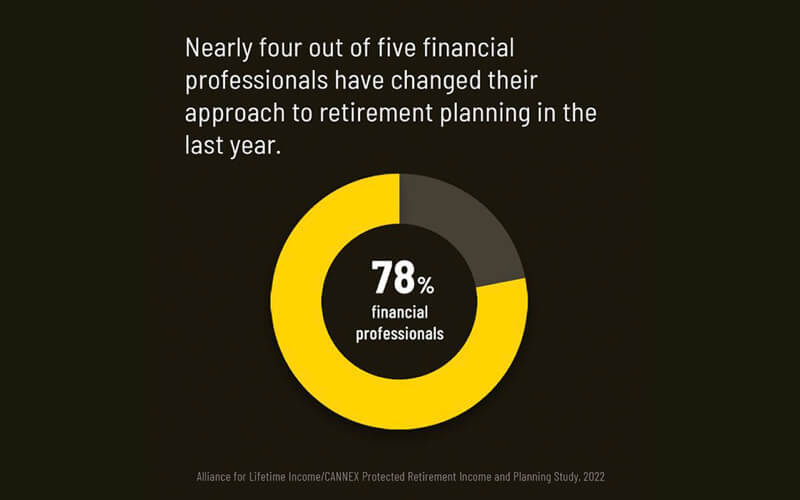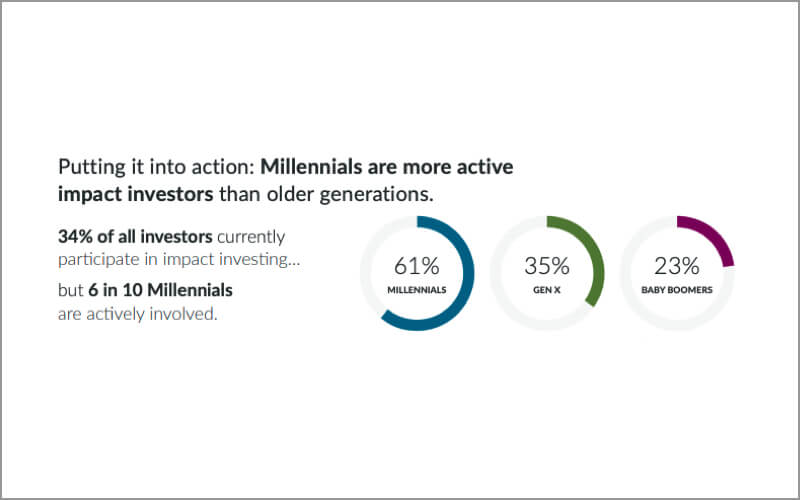Behavioral economics is “economics with strong injections of good psychology.”
– Richard H. Thaler, 2017 Nobel Prize in Economics winner and co-author, with Cass R. Sunstein, of Nudge: Improving Decisions and Health, Wealth and Happiness
An old cartoon shows a serious-looking economist in front of an equation-covered blackboard. His speech bubble says, “Well, that may work in practice but will it work in theory?”
Behavioral economics introduced a beneficial dose of practicality to the economics profession by emphasizing the non-rational elements of decision-making. This was a good thing. Anyone with a spouse or a child, or who has been an advisor of any kind, would agree that not all human decisions are rational. We might rely on our gut instincts, or be influenced by our gratitude, guilt, anger or joy.

The Connections Between Behavioral Economics and Motivation Research
The non-rational element in decision-making is one of several connections between behavioral economics and our Motivation Research approach. Both approaches also treat context as a critical force affecting the decisions people make. Richard Thaler, whose Nobel Prize put a spotlight on behavioral economics, tells the story of someone offering to bring a cold beer to a beach party. The beach bathers are willing to pay one price for beer picked up at a convenience store and a higher price if it comes from a nearby upscale hotel. Same beer, different context.
We completed a study using our Motivation Research approach that was in sync with Thaler’s behavioral economics narrative when we looked at convenience-store beer-buying behavior through the lens of context. We found that the consumers’ choice of where to buy depended on the beer-drinking occasion in addition to many small moments leading up to the purchase. For example, driving by a convenience store led to anticipation. Planning a quick stop by a buddy’s house with a six-pack was a convenience-store-relevant drinking occasion. In all instances, the context both before and after the purchase influenced the decision — and drove the action.
The Difference Between Behavioral Economics and Motivation Research
Behavioral economics is insightful when used to frame choices to tap specific decision-making biases: framing, anchoring, feedback, salience, inertia and so forth. These structural patterns are mighty helpful. However, they don’t apply to all decisions. The application of any given tool to a specific decision requires insight on the nature of that specific decision. Motivation Research is particularly helpful at this point. It plots both the tangible and intangible emotional elements that influence specific choices, and illustrates why they do so.
Only if we understand why a behavior occurs can we create generalizable knowledge, the goal of science.
– David Gal, Professor Marketing, University of Illinois, Chicago in his op-ed for The New York Times “Why is Behavioral Economics So Popular?”
Why Behavioral Economics and Motivation Research Are Good Companions
The explosion in the availability and application of Big Data in tracking behaviors has led some to assume that they get enough information from a steady stream of behavioral data to make their marketing decisions. But the smart marketers we work with in financial, health, education and other areas of fundamental life decisions think otherwise. They realize that they create better programs when they gain sharper insights on why people make the choices they do in specific contexts. This is the essential power of Motivation Research — and why it’s such a good companion to behavioral economics.
Further Reading on Behavioral Economics
- David Gal’s op-ed in The New York Times “Why Is Behavioral Economics So Popular?” (quoted and linked above) was the impetus behind this article
- Roger Lowenstein’s Washington Post Perspective article “Richard Thaler won the Nobel Prize for making economics more human — and more real” (also quoted and linked above) explains more about Thaler’s Nobel Prize, and posits why he won
- Francesca Gino’s Harvard Business Review article “The Rise of Behavioral Economics and Its Influence on Organizations” provides more background and context around behavioral economics today





